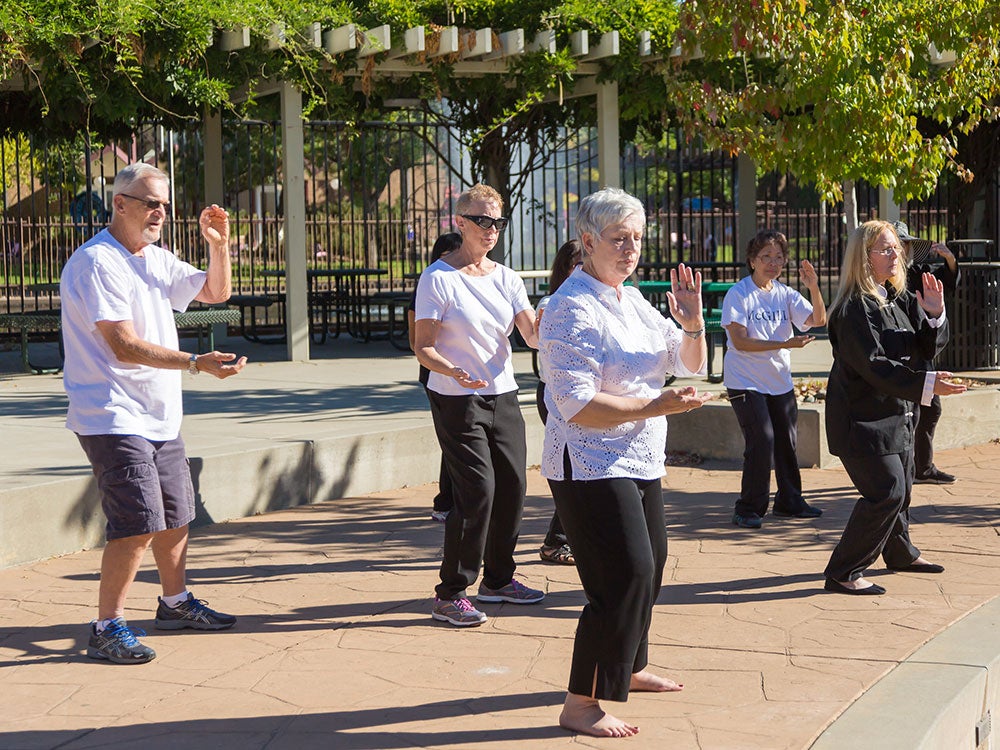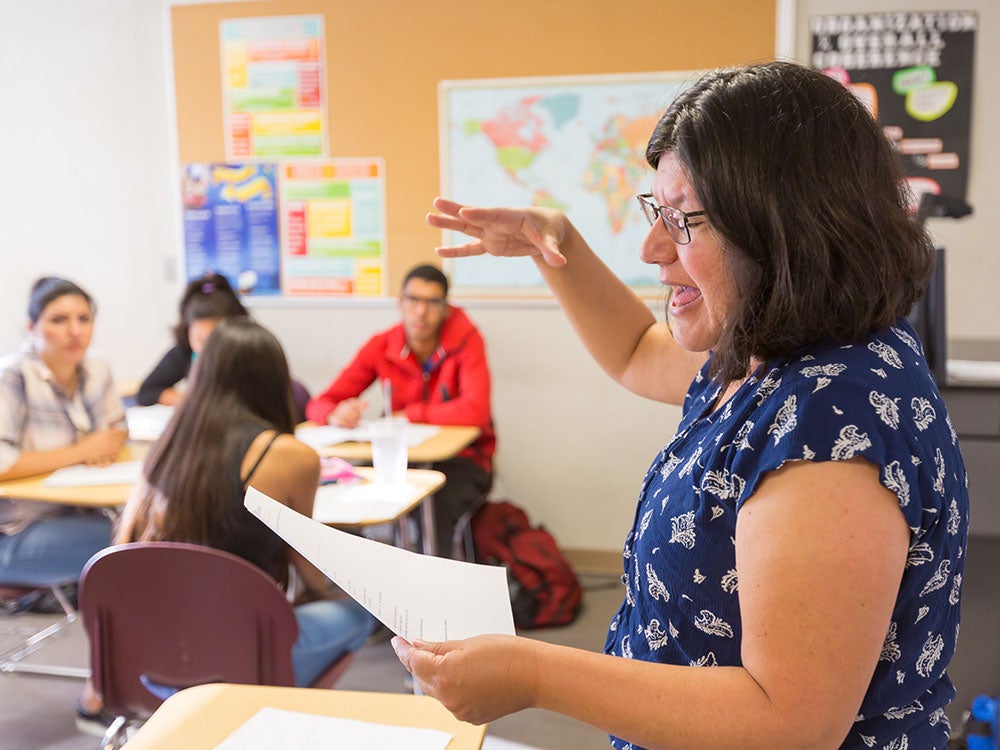
Academics
Find the Right Path for You
We offer a variety of academic programs that can help you open new doors while exploring what interests you most — be it inspiring creativity, increasing knowledge, or gaining new skills.
Discover Careers
Take a Career Assessment to learn more about yourself, including your talents and interests, to help discover what educational path is right for you based on your individual goals and aspirations.
Explore Academic Options
Sierra College offers more than 150 degree and certificate programs that we’ve grouped into nine interest areas. Whether you’re planning to transfer to a four-year university or enter the workforce, we can help you get there.
View Class Schedule
Find out what classes we offer. You can search courses by term, campus, subject, instructor, instructional method, days of the week and much more.
Learning for Everyone
Whether you’re looking for online courses, lifelong learning opportunities, or just something new, we have the right program or course for you. Explore our options.

Career and Technical Education (CTE)
Sierra College offers more than 20 CTE programs that prepare students for entry into professional level employment opportunities. We also offer Workforce Training and Development for Placer and Nevada County employers and manufacturers interested in creating customized workforce development solutions.

Community Learning
Learn about our not-for-credit personal enrichment and active adult courses open to the community. We offer Community Education courses. We also have Osher Lifelong Learning Institute (OLLI) at Sierra College, which offers classes specially designed for adults ages 50 or better.

Credit for Prior Learning
Find out how you may be able to count your background experience, knowledge and skills towards a degree or certificate.

Noncredit Education
Learn about tuition-free courses and certificates that can help you develop foundational skills and provide a smooth transition to credit programs and employment.
